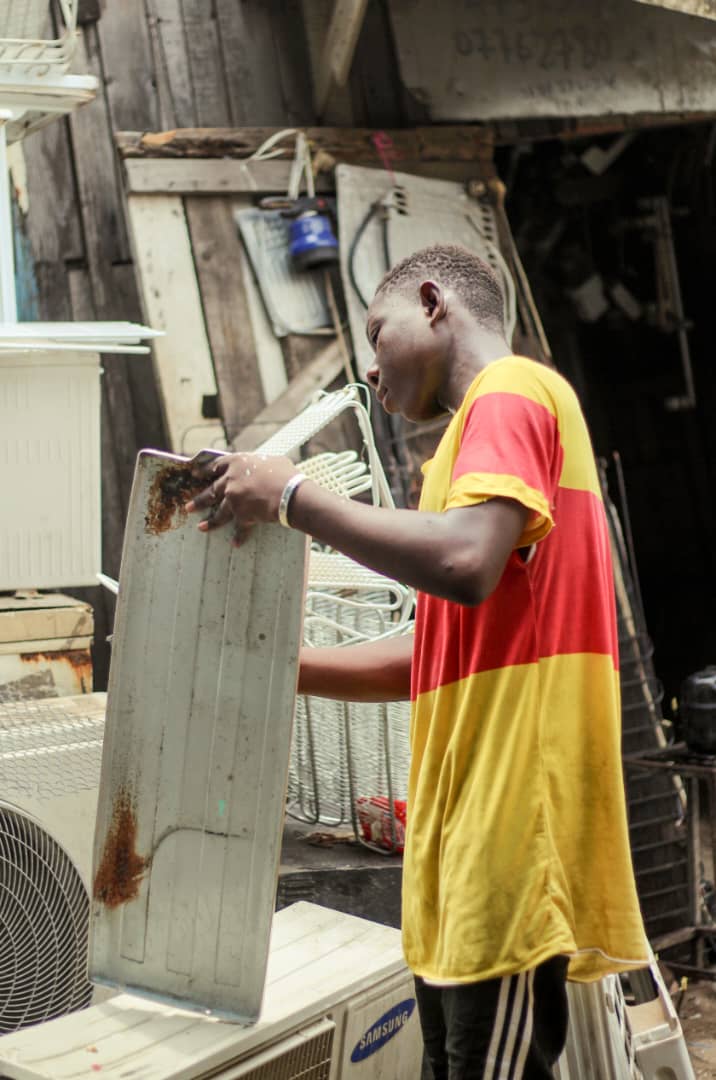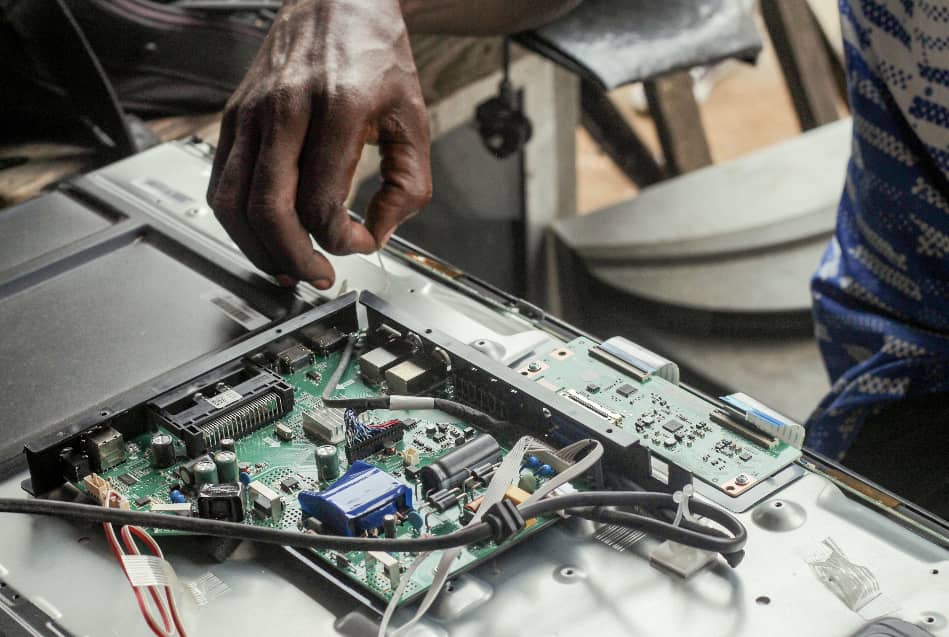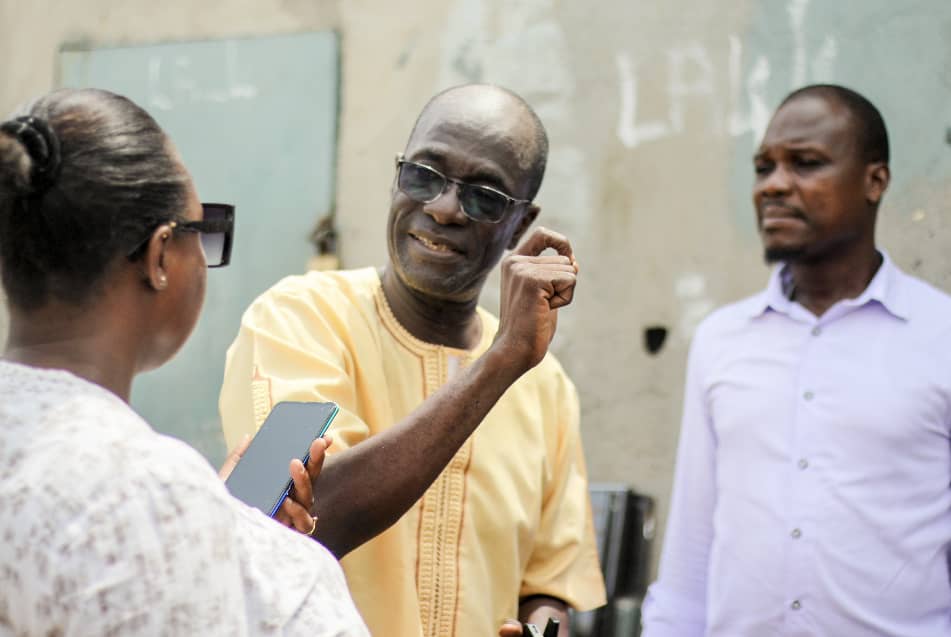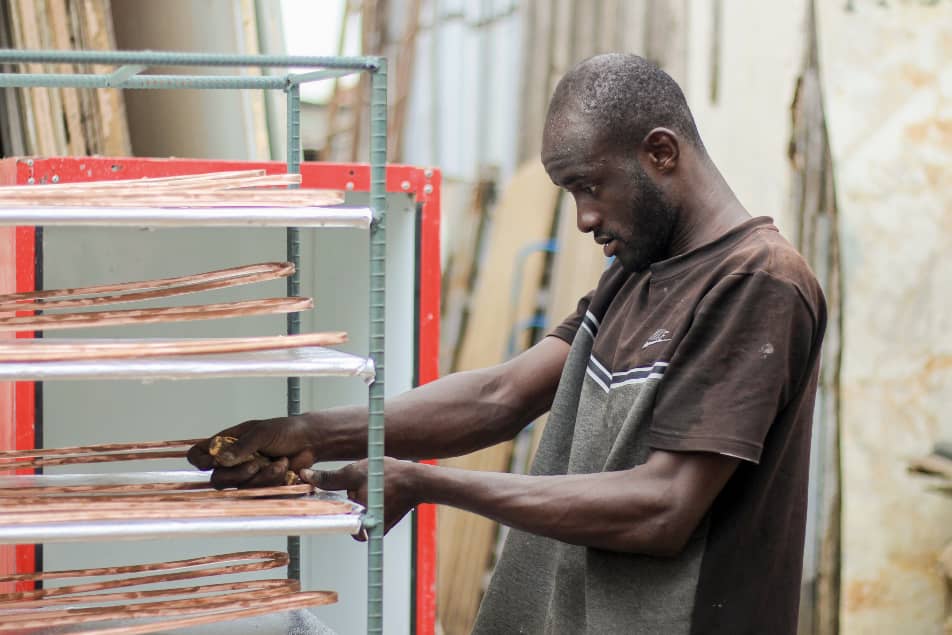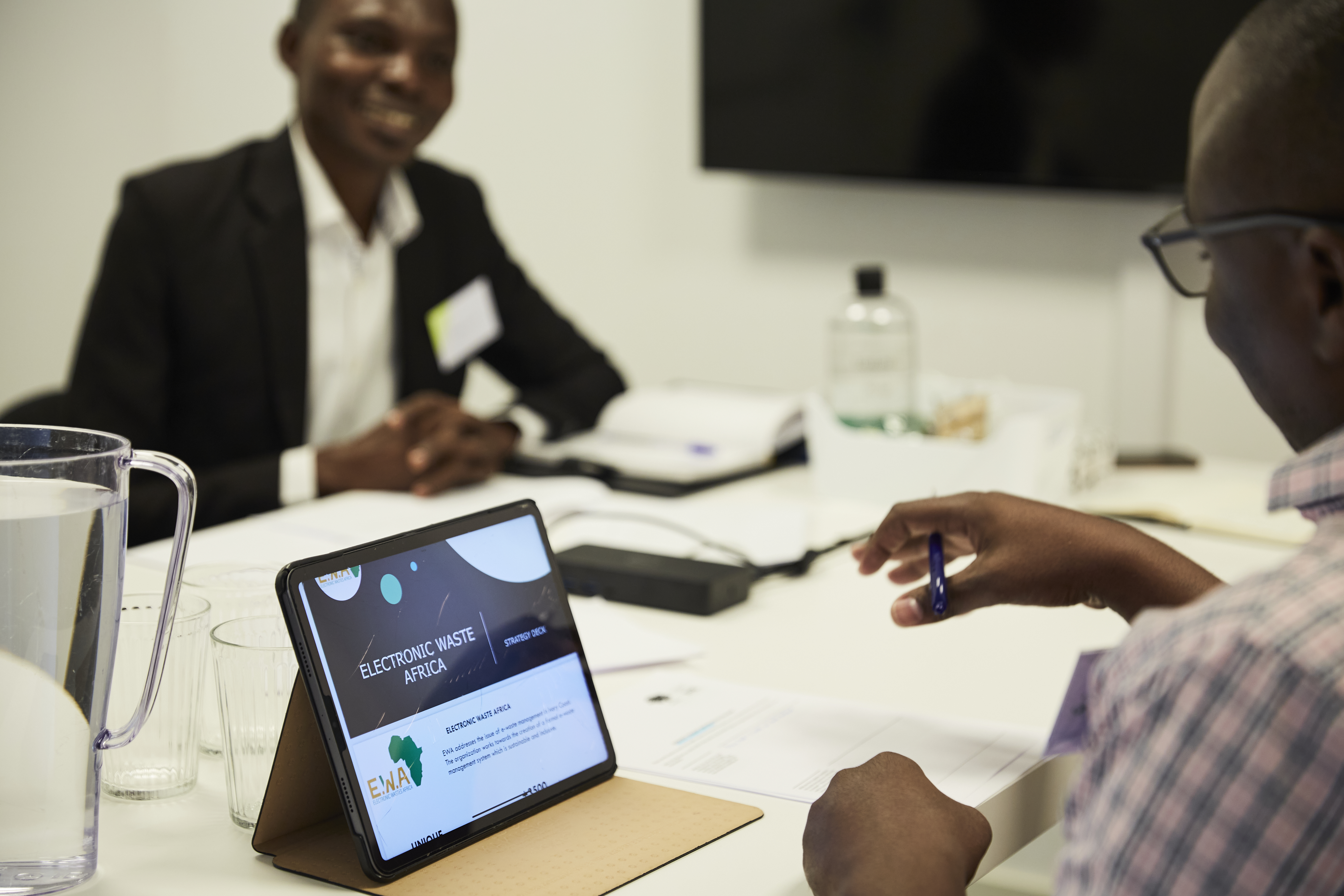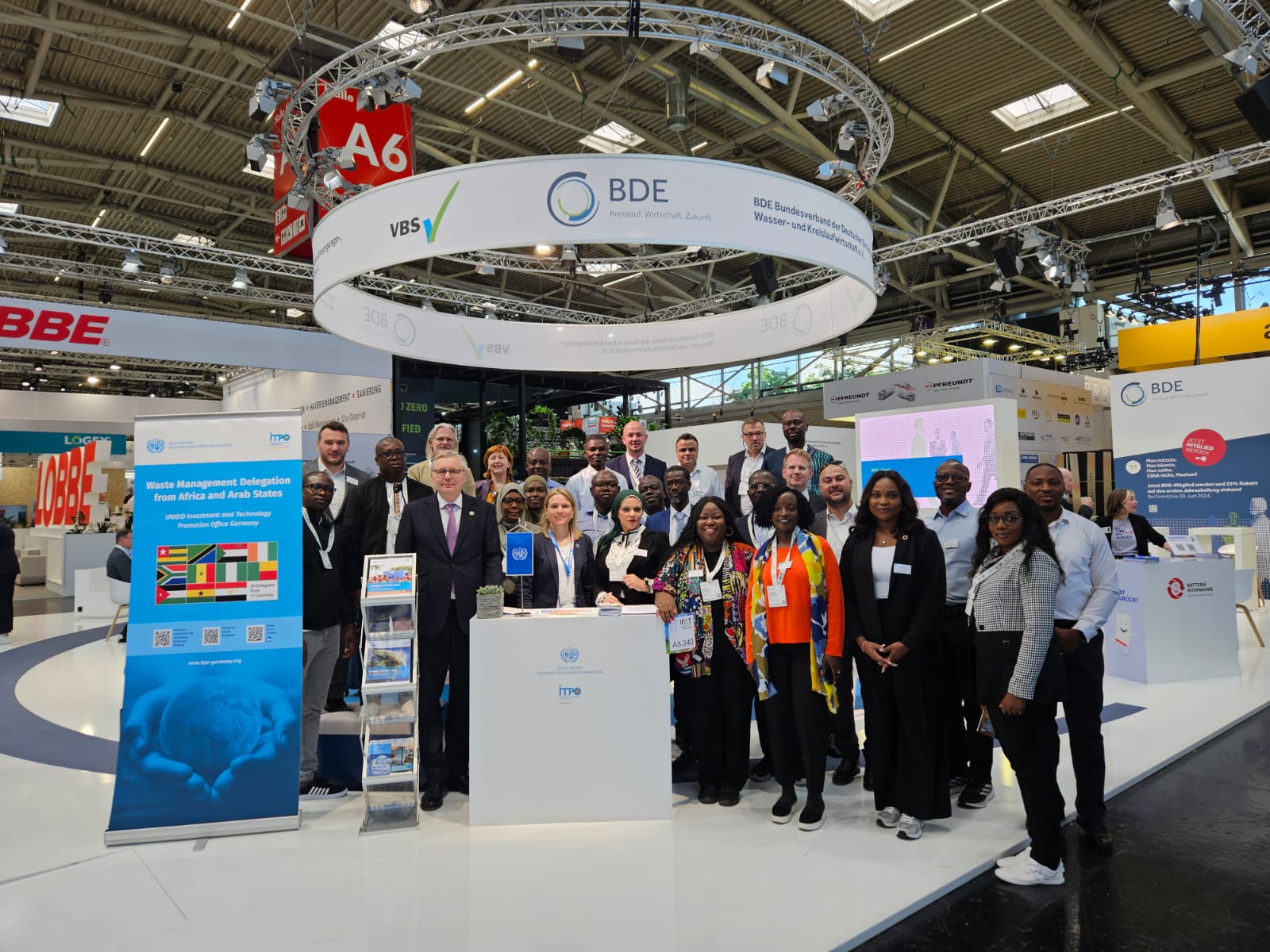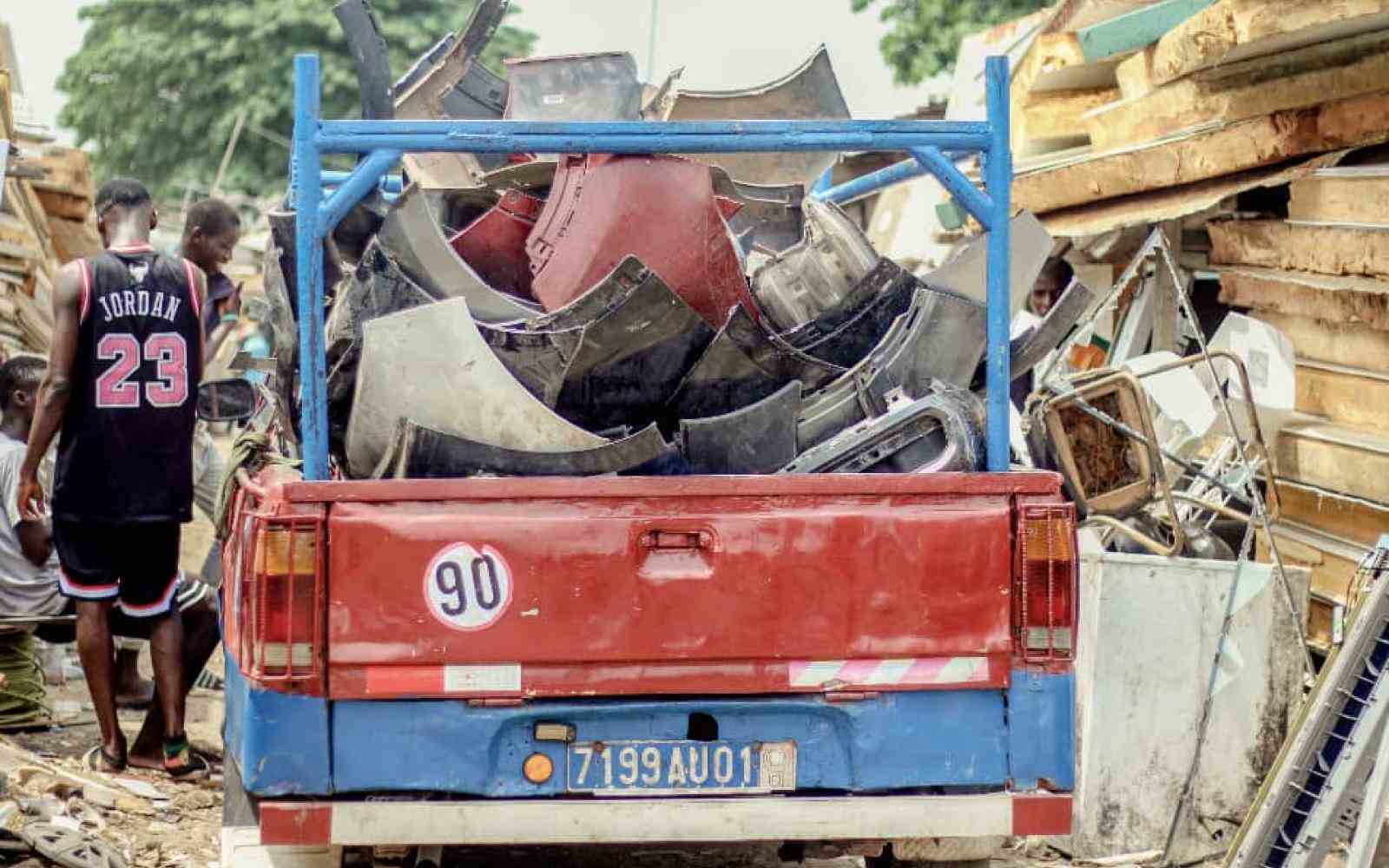
How New Connections are Leading to an E-Waste Revolution in Ivory Coast
By Evariste Aohoui, Ashoka Fellow and Dela programme participating social entrepreneur E-waste is a challenging issue in Africa. The continent is still facing many difficulties in ensuring appropriate recycling for this kind of waste. The challenges hindering the development of a sustainable e-waste management system are numerous: they range from a lack of dedicated infrastructures and legal frameworks to matters related to education, human health, and eco-responsibility. According to the Global E-waste Monitor, Africa recycles less than 1% of the e-waste available on the continent, a reality that shows how crucial the e-waste issue is. In Ivory Coast, West Africa, Electronic Waste Africa (EWA) is one of the rare initiatives addressing e-waste. The organization is engaged in building an inclusive and sustainable e-waste management ecosystem as both a strong means to fight poverty in local e-waste workers’ communities and a viable way to promote human health preservation and environment protection. This kind of work always requires an operational strategy in alignment with a clear vision to create a tangible impact. As EWA was not equipped enough with such skills, the impact generated through the accomplished works was somehow limited. Joining the Dela programme over the past twelve months has revealed to be an amazing learning journey. As the Director of EWA, I have had the chance to benefit from a pool of expertise that helped to adjust my organization’s vision and build a brand-new strategy plan that was more specific, result-oriented, flexible, and focused on creating a systemic change in the e-waste sector in Ivory Coast. With the new tools and knowledge, my team and I have acquired through the Dela programme, a deep transformation of the local e-waste sector has begun. For example, the E-waste Days 2024 organized during the Scoping and Experimentation phase of the Dela programme was the first-ever gathering of e-waste workers aiming to build strong connections among stakeholders. As a result, the event has contributed to establishing a unique local community of stakeholders in the e-waste sector which includes informal actors, civil society, universities and research centers, the private sector, and government representatives. The community is now a dedicated space in Ivory Coast where e-waste workers can continuously discuss e-waste-related issues and engage together in new projects. Usually, international institutions operating in Ivory Coast exclusively work with the local government. This kind of collaboration does not allow them to interact with local community members, and all they learn from local realities is what they read from different reports issued by the government. The E-waste Days have successfully contributed to creating a connection between informal players and international institutions. In fact, the event offered the opportunity for both informal and formal sectors to learn from each other, interact, and bridge the existing gap between them. This fabulous approach led to a field visit that allowed representatives of international institutions to dive into the reality of informal actors (specifically waste pickers), in order to discover the severe conditions they face by themselves, understand their concrete needs and have a clear comprehension of the local informal ecosystem of e-waste workers. The visit also allowed them to collect key information which can help them figure out the kind of programme that can be designed for informal workers. Creating a link between formal and informal players was not only a symbol of hope for the last party. It has also paved the way for some new possibilities of collaboration toward the social recognition of the informal actors and their integration into the formal management system of e-waste in Ivory Coast. This beginning of the deep transformation of the sector of e-waste in Ivory Coast would not have been possible without the Dela programme and all the insightful contributions of Thought Partners. The support provided to EWA is now catalyzing a social and systemic change in the local community. The leadership of EWA, highlighted by the Dela programme, is now walking towards many opportunities. The organization was recently selected to be part of the African delegation of UNIDO in Germany during IFAT. The E-waste Days will now happen every year and extend progressively to West African countries. The journey started with the Dela programme will continue until the achievement of the targeted system change in the e-waste sector in Ivory Coast. Want to learn more about circular economies? Check out this publication from IKEA Social Entrepreneurship, Ashoka, and the United Nations Development Programme (UNDP) Accelerator Labs Network, with support from Circle Economy, for a deep dive into the relationship between informal workers and the circular economy. And, watch the launch event of the white paper, Circularity & Informality: Redefining Narratives held on October 15th at 14.00–15.00hrs (CET), a virtual conversation about key findings regarding informality within the circular economy and the critical role of partnerships in navigating these challenges.
Joining the Dela programme and hosting an impactful inaugural event
Forging relationships in the field
Opening the Door to More Opportunities
The Dela programme is currently in its fifth year, and has counted five editions and 560+ participants. Since the first accelerator, 65% of the participating social entrepreneurs have changed their strategies to grow their impact beyond their organizations and all of them felt more confident in pursuing systems change. Learn more about the programme and meet the current cohort here.
